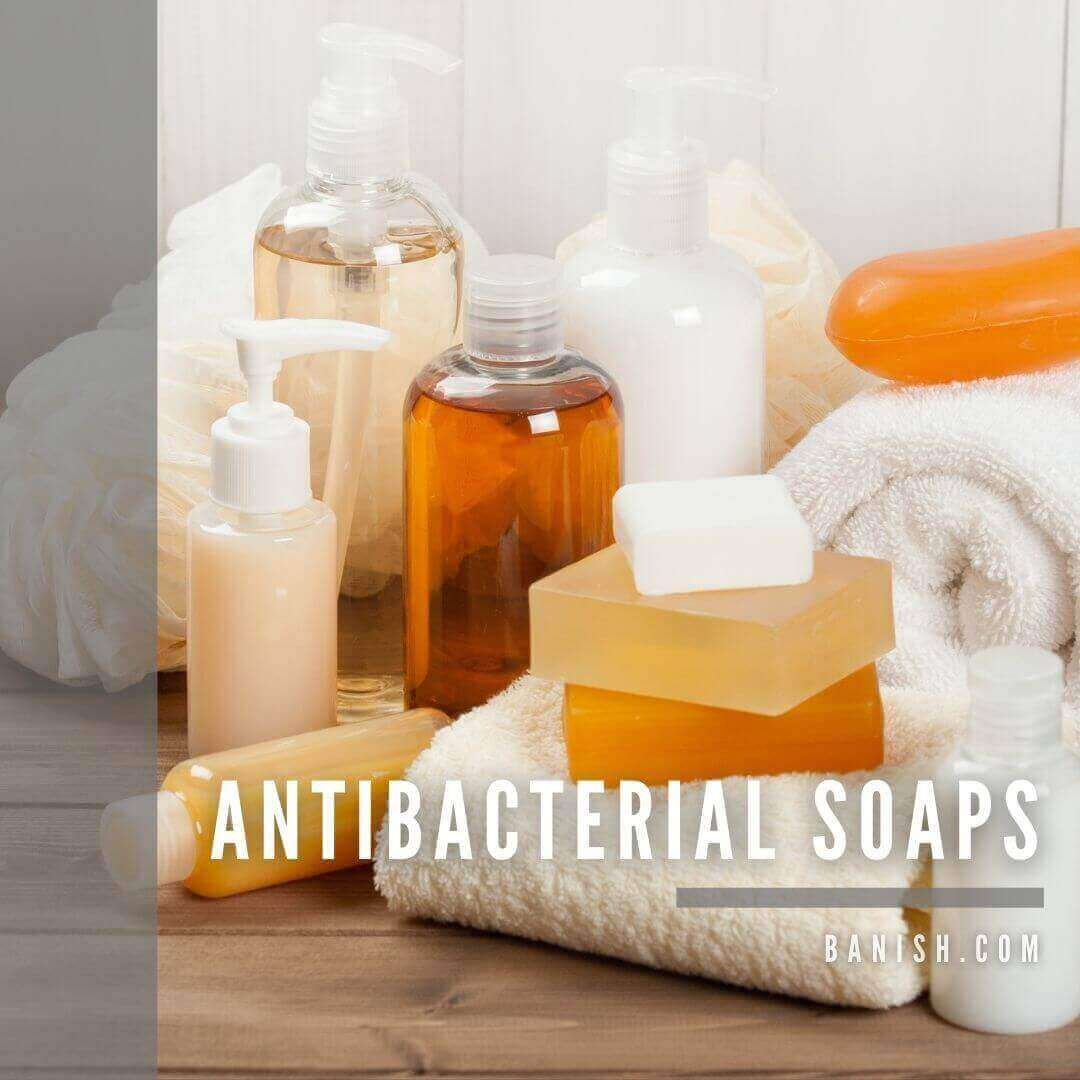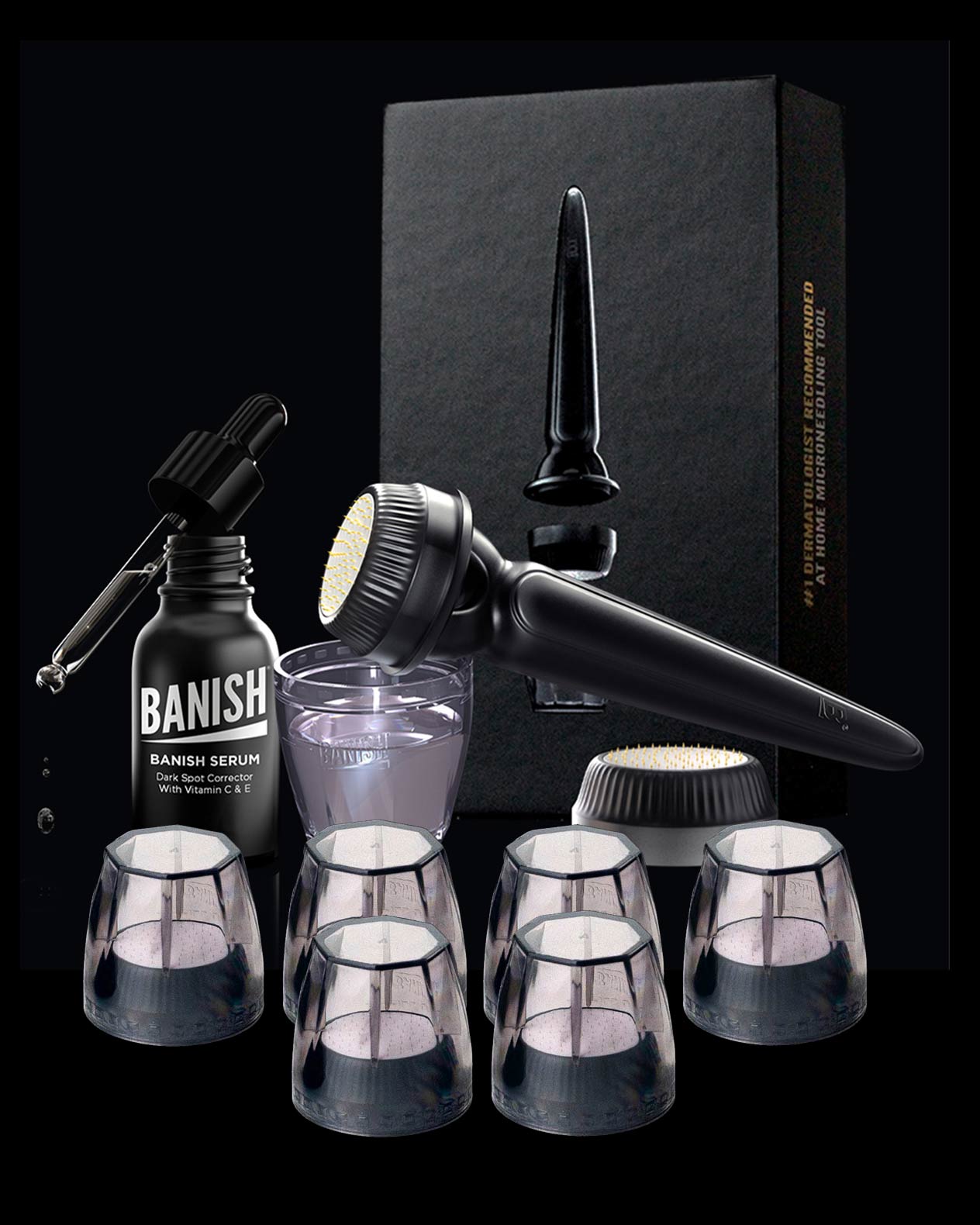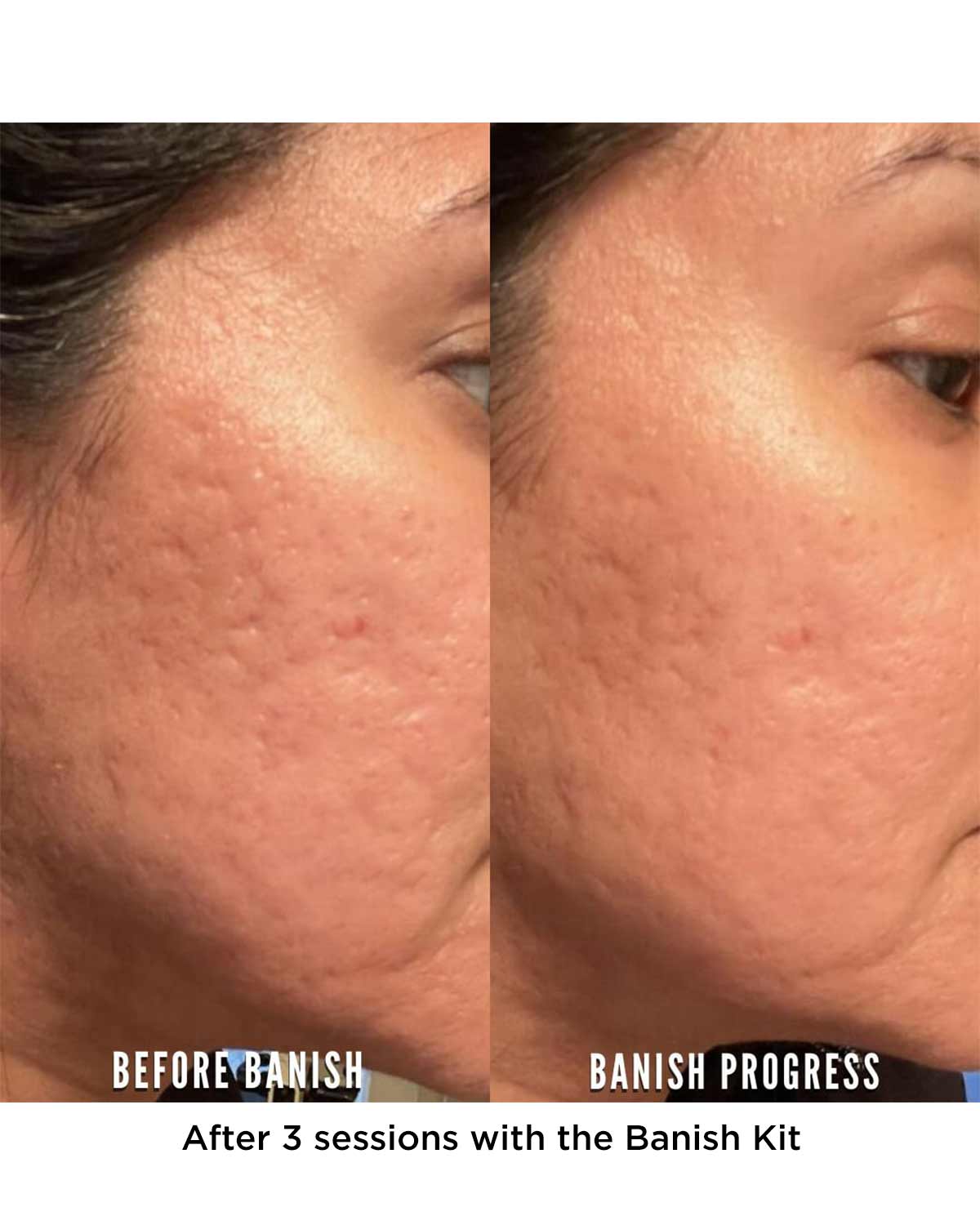Good hygiene is essential, and the first step towards this is washing your hands with good soap. People always prefer antibacterial soaps over ordinary soaps. It makes sense because it kills 99.9% of the bacteria. Fear of germs is the reason antibacterial soaps are always the best choice.
We have always heard about the bright side of antibacterial soaps. Like every coin has two sides, using antibacterial soaps also has a dark side which is unknown to the ordinary person. Below are the dangers of using antibacterial soaps.
WHAT IS TRICLOSAN?
Antibacterial products usually contain a chemical called triclosan. It is used to reduce and prevent bacterial contamination. It messes with the bacterial cell wall and prevents it to make fatty acids. Both of these things are the microbial death sentence. It is added to many consumer products including toothpaste, hand washes, soaps, and detergents. There is some evidence that this chemical might be harmful to human health. In 2016 FDA gave instructions to the manufacturers to stop adding triclosan in the products.
REASON WHY SHOULD BE AVOID IT:
- DISTURBS NORMAL FLORA:
Microbes are everywhere on our skin. Some are good while other are bad. Good microbes are the normal flora of the human body. They help the human body to regulate many functions and kill bad and harmful substances. These bacteria are also responsible for providing immunity against diseases. But triclosan does not differentiate between good and bad bacteria, and it kills both of them disturbing the normal flora of human body.
- ALLERGIES:
Studies show that people using products containing triclosan are more likely to develop allergies mostly hay fever than those who use products without that chemical, due to the mutation. Cases of dermatitis are also reported due to the over use of triclosan.
- RISE OF SUPER BUGS:
Everyone knows that overuse of antibiotics is causing antibiotics resistance in bacteria. People use antibiotics because the triclosan present in it kills 99.9% of the bacteria. So where does the 1% go? Well, the remaining 1% is strong which survives and replicates, then the weaker generation of the second one is killed off by more antibacterial, and then 0.1% lives and that generation is ever stronger than the last one. And you do it again and again and again. And then Super bugs are evolved, and that does not sound like a good thing.
- HORMONE DISRUPTION:
Research shows that triclosan interferes with the metabolism of the thyroid hormones that does not allow the normal hormones to work properly. Some studies have shown that triclosan overuse can also increase the risk of cancer in the healthy person.
- IMPAIR MUSCLE FUNCTION:
Testing triclosan on mice reveals that it hinders the muscle contraction at the cellular level results in impaired muscle function.
- ANTIBACTERIAL SOAPS WORK NO MORE THAN ORDINARY SOAPS:
The antibacterial does not do any better job than regular soaps in preventing diseases. Several studies were conducted, which shows that washing hands with regular soap works the same as that of antibacterial soap. They wash off slightly few germs than that of antibacterial soap. A study was conducted in which they concluded that washing hand with ordinary soap and water is far better than washing hands with antibacterial soap. This fact is not surprising that most of the diseases are caused by viruses not bacteria, so in this case, antibacterial soaps are not very much effective.
WHAT TO DO?
In order to get stronger, our immune system needs to interact with bacteria and other microbes. And we have been making this process far more complicated. Because we are overly concerned about germs, sanitation, and cleanliness.
Now that we are aware of the dangers of using antibacterial soaps, we need to stop using it and all the products containing triclosan. Instead of antibacterial soaps, we can just use ordinary soaps and create a positive impact both in our environment and ourselves.
























Leave a comment
All comments are moderated before being published.
This site is protected by hCaptcha and the hCaptcha Privacy Policy and Terms of Service apply.